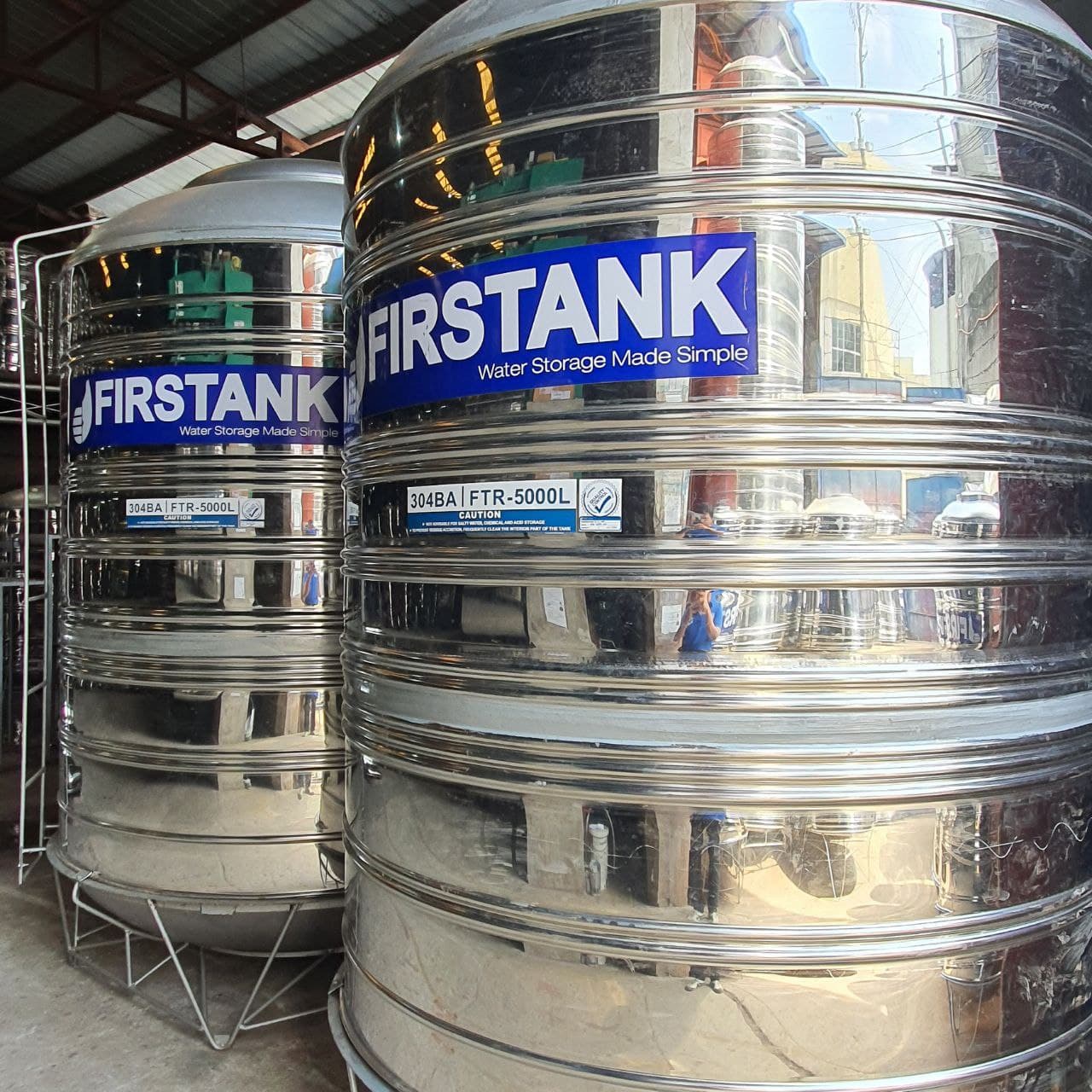Acquiring a water storage tank for a residential or commercial property is a long-term investment. But as with any serious venture, installing a reliable tank requires a good amount of capital. And because you want to guarantee that you will get the best value for your hard earned money, it is perfectly wise to ask how long do water tanks last.
While there is no definitive answer to this question, knowing about the different factors that affect a water tank’s longevity will help you decide which type suits your need and preference. Worry not because learning about a water tank’s life expectancy is not that complicated. You just have to consider three important factors — material, location and usage.
Material
You don’t want to get a tank that only last for one to five years so you better veer away from water storage tanks that are constructed from plastic barrels. These are generally cheap, but they are only helpful if you are looking for a short-term water storage solution.
Polyethylene water storage tank is a great option because it is made from UV-treated, food grade, and non-biodegradable plastic material. With this composition, you can be quite sure that it will not break down for some time. Poly tanks should last for a decade or so, but if you are attentive to its routine maintenance, it could probably last up to thirty years.
But if you want to be sure that your money will not go to waste, stainless steel water tank is an excellent choice. It is made from steel so it goes without saying that it is naturally more durable and has a longer shelf life than other types of water storage tanks. If well maintained, stainless steel tank has an expected service life of over three decades. Most of the time, this unit also comes with a long-term warranty.
Location
Water tank’s life expectancy is also determined by the geophysical characteristics of the location where you’ll installed the unit. Beware if the tank is built near a body of saltwater because the air will most likely speed up the corrosion of the unit. If you live in a coastal area, you might need to shell out a few more bucks to ensure that your tank has the proper sheeting, which aids with the protection against salty air. But if you’ll acquire a stainless steel tank, this shouldn’t be a problem.
If you reside a place where it is always sunny or too dry, the UV treatments of a polyethylene water storage tank will not last as long. Permanent exposure to intense UV for longer periods of time will definitely cause earlier degradation of the plastic material.
Usage
The service life of a tank is also dictated by how it is being used. A unit that contains clean and fresh water for human consumption will typically have a much longer lifespan than that of a unit with harsh chemicals or salt kept in it.
If you’re using a stainless steel tank for potable water storage, it is highly recommended to install a food grade tank liner. This is to guarantee the long-term integrity of the tank and to avoid any oxidized steel or zinc from contaminating the water supply. However, a tank liner is not necessary for polyethylene water storage tank because it is already constructed from food grade plastic materials.
***
As the leading manufacturer of water storage tanks in the Philippines, Firstank offers free consultancy, top-notch installation services, and reliable warranty.

